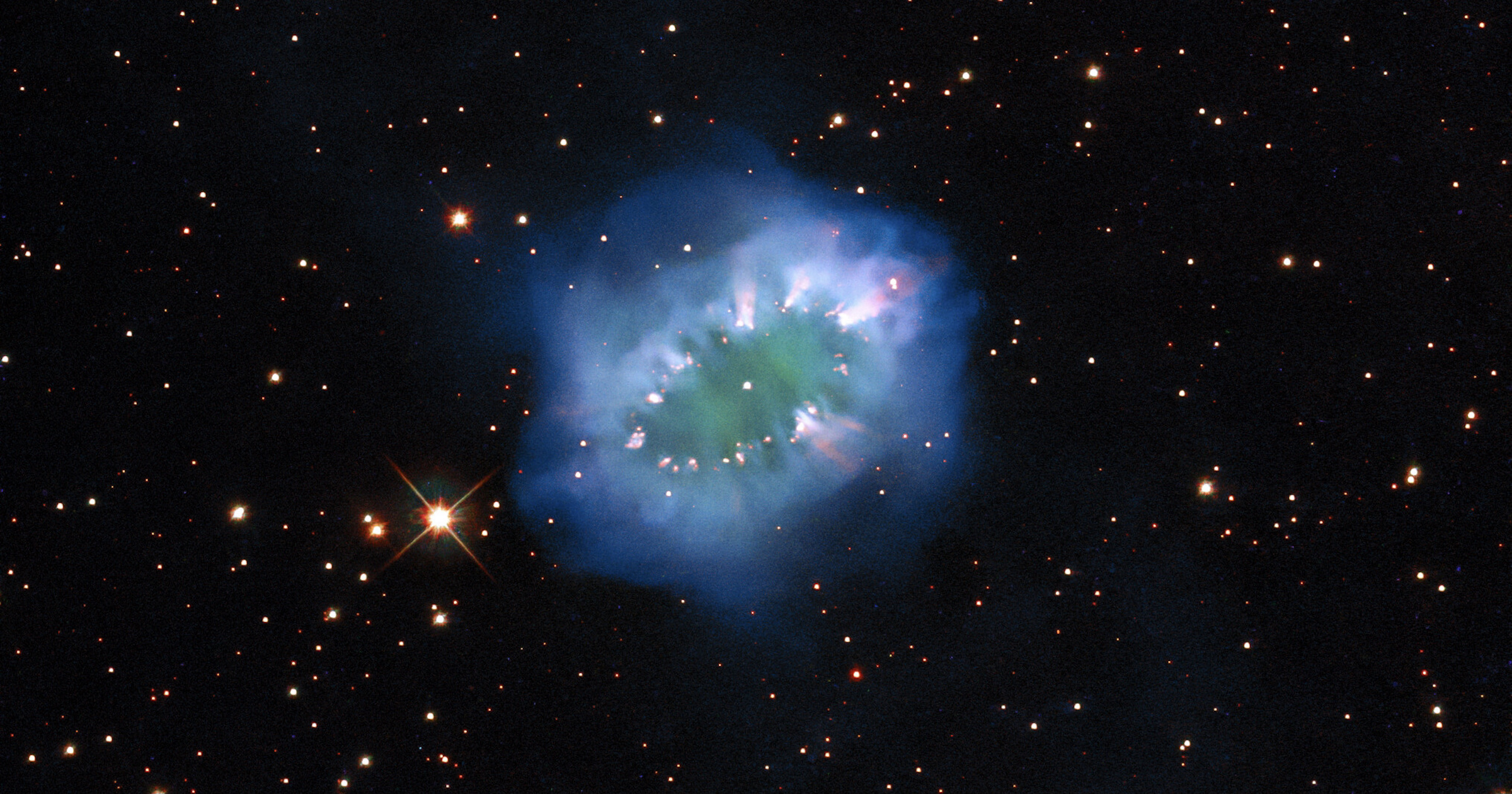 Physics, Earth & Space
Physics, Earth & Space
Stephen Meyer: The Evidence “Cries Out” for God, Not the Other Way Around

On an excellent new two-part ID the Future podcast with James Tour (here and here), William Dembski has a kind thing to say about atheist Richard Dawkins: As wrong as he is about a good many things, his “mistakes” are often very illuminating. I think Wesley Smith might agree, as he noted here yesterday in commenting on Dawkins’s chilling statement about killing unborn children with Down syndrome: “I have rarely seen a more vivid illustration of the lethal consequences of utilitarian thinking.”
What “We Should Expect”
Dawkins isn’t merely a convenient foil for arguments about intelligent design and other matters. He sets up important questions, in his way, with a compelling, sometimes brutal clarity. In his new book, Return of the God Hypothesis, Stephen Meyer frames his case in part as a response to Dawkins’s remark about what “we should expect” to see in a Godless universe. In a new BreakPoint broadcast, John Stonestreet notes the helpful formulation from Dawkins:
In the book River Out of Eden, Oxford biologist and atheist superstar Richard Dawkins famously wrote:
“The universe that we observe has precisely the properties we should expect if there is, at bottom, no design, no purpose, no evil, no good, nothing but pitiless indifference.”
Dawkins and other “new atheists” have long insisted that science has excluded the possibility of a creator or has, at least, rendered it unnecessary. Turns out this belief may be scientifically out of date. According to a new book, the biggest discoveries of the last century challenge a materialistic worldview and call science back to its theistic roots.
Cambridge-educated philosopher of science Stephen Meyer wrote two books, Signature in the Cell and Darwin’s Doubt, that both argue against materialist accounts of biology. His latest book, Return of the God Hypothesis, makes an even more ambitious claim.
Three key twentieth century discoveries, argues Meyer, challenge materialist assumptions and point, not just to an intelligent designer, but to a transcendent God.
The Ultimate Question
As Steve Meyer realizes, Dawkins acknowledges that science can indeed be used to adjudicate the ultimate question: Does the best available evidence confirm atheistic or theistic expectations? Accepting this framing, Meyer shows that the evidence of physics, cosmology, and biology together strongly confirms theistic expectations. In fact he goes further, as Stonestreet points out:
Simply put, Dawkins got it wrong. The universe we live in has properties one would expect if it were, in fact, designed by a God who had us in mind when He made the place.
As Meyer’s book shows, this assumption was an original conviction of many who launched and drove the scientific revolution. It’s the conviction of a growing number of scientists today who are willing to challenge the powers that be and admit the design they see in the heavens, the laws of nature, and under the microscope. As Meyer puts it, “The evidence is crying out for a God hypothesis.”
The evidence “cries out” for a conclusion in support of theism. I appreciate that way of putting it. I have sometimes heard ID dismissed as a species of “apologetics,” with the implication of proponents going in search of evidence, crying out for it, to support a conclusion to which they are already committed.
If arguments for design were mere apologetics, that would be discouraging, at least to me. What Meyer says, though, is the opposite. Rather than God crying out for evidence, the evidence cries out for God.
